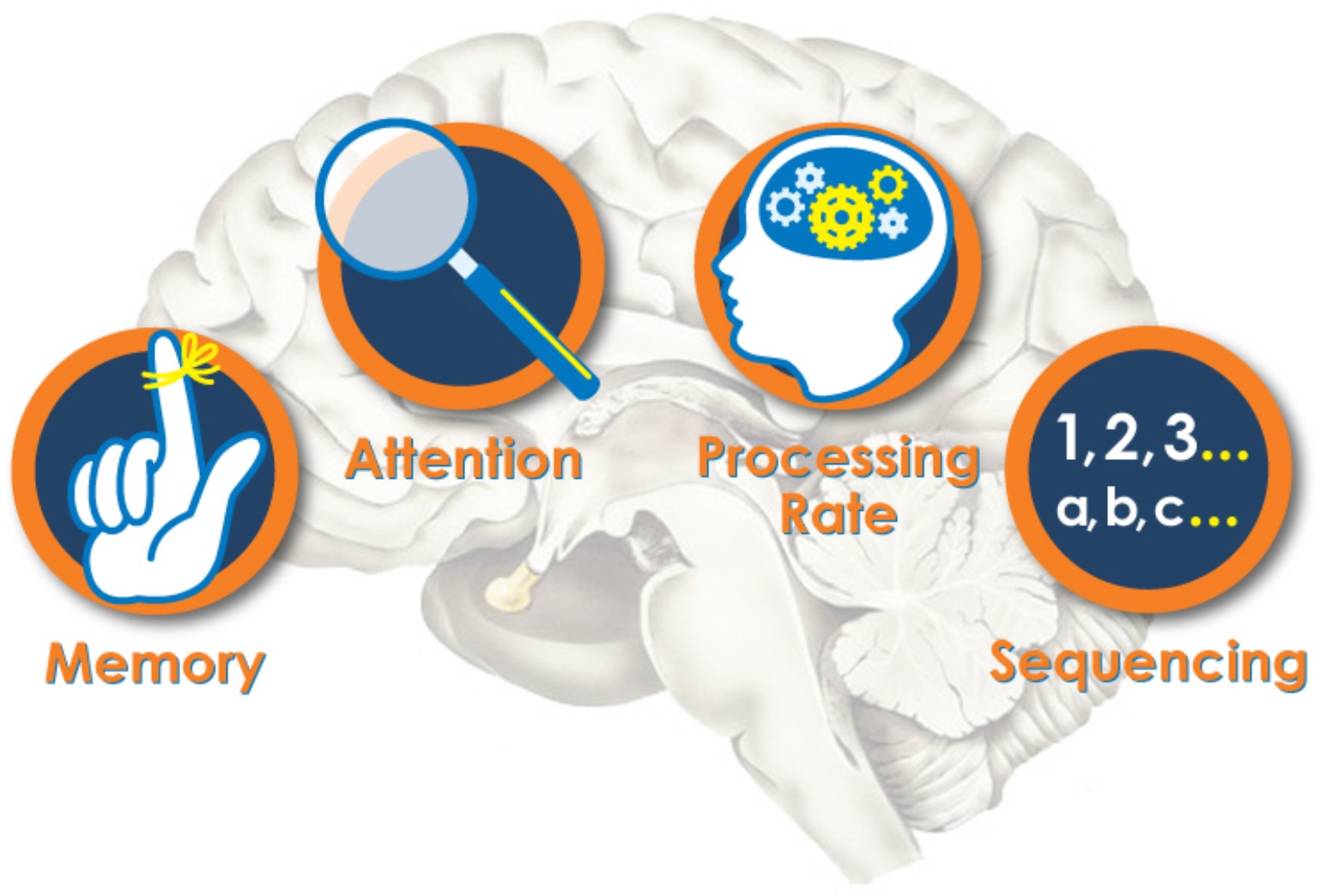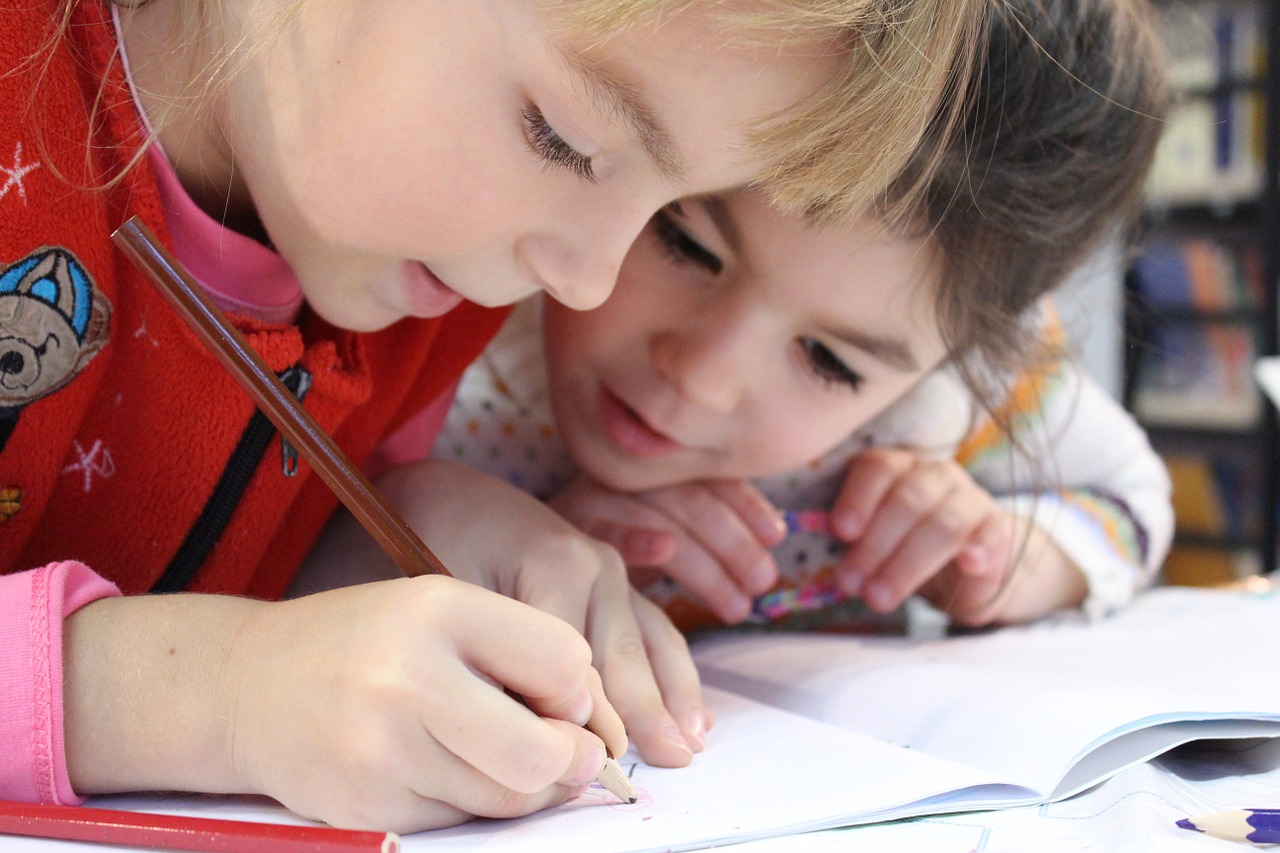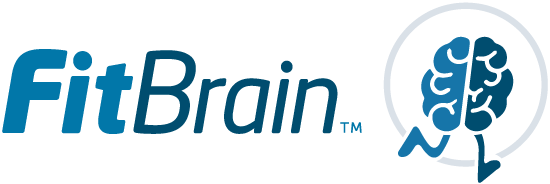Language forms the basis of reading, learning and critical thinking. So, if the underlying foundational language skills are not effectively and efficiently developed in the brain, it starts a slippery slope of not reaching your full potential in the classroom.
In most cases, the reason one child struggles and another does not, more often than not, has to do with cognitive skills. Cognitive skills are the foundational skills used by the brain to learn, read, remember, think, reason, and pay attention.
The thing is, all these cognitive skills need to work in harmony once the brain receives that information. Unfortunately, if just one of these skills is weak, incoming information doesn’t get processed as it should, and it doesn’t even matter how well—or how often—that material is taught or retaught by teachers, parents, or tutors. Each of our cognitive skills play an important part in processing all the information that comes our way.
If the young brain is struggling to read, it might be worth the effort to look past the child’s school, curriculum, teacher, IQ or even how hard they are trying. Why? Because almost 85% of reading struggles are caused by weaknesses in one or more skills related to auditory processing.
Auditory processing skills are what the brain uses to hear, identify, segment, and blend sounds. Our ears collect sound (words), but it is the temporal lobe of the brain that ‘perceives’ and ‘processes’ the subtleties of these sounds. If the temporal lobe is not efficiently and effectively developed (by the age of 5 years), it can start that slippery slope to poor reading skills. Reading skills are not associated with a child’s intelligence.
Cognitive Skills Impact Foundational Reading Abilities

How do cognitive skills impact learning/reading?
- Poor auditory processing skills can mean a student will forget instructions, misunderstand what has been said, slow to respond to questions, struggle to read, tune out in the classroom; Learn more about Auditory Processing Disorder which is the #1 cause of reading struggles.
- Poor attention skills can mean a reader is frequently distracted;
- Poor memory skills can interfere with recall and comprehension;
- Poor visual processing skills can keep a reader from creating mental pictures that help them comprehend and engage with what they just read. We tend to think that reading is a visual skill that depends primarily on linking letters to sounds. However, recent neuroscience research shows that it’s actually the auditory processing and memory parts of our brains that are most active during reading, and that visual skills only play a very small part.
If you are unsure if the young, developing brain you are thinking about may (or may not) have weak cognitive skills, try this quick checklist:
- Poor expressive language skills
- Misunderstands what is said, needs the information to be repeated
- Gives slow or delayed responses
- Mispronounces typical word sounds
- Gets confused in noisy situations
- Has an attention problem or drifts off in class
- Has difficulty with reading, spelling, comprehension
- Is not performing to their full potential
- Is mentally fatigued at the end of school day
- Difficulty with sounding out when reading
- Difficulty following directions
- Poor memory
The good news is that weak cognitive skills can be identified, targeted, and trained so a child can perform at their full potential in the classroom. The brain must be rewired and trained to process sound accurately and quickly in order for the child to easily grasp and comprehend information and instruction as it is presented in the class.
Contact us for a chat. Ask us about a Language Skills Assessment for your child to see how they are performing with phonological awareness, decoding, vocabulary and comprehension skills.
For more information on specific interests, please see Brain FAQ’s (Developing the Young Brain) for additional information.
- Reading Difficulties
- APD (Auditory Processing & Listening)
- Receptive/Expressive Language Skills
- Dyslexia
- Learning Difficulties
- Memory & Following Directions
- Reading Fluency
- Attention and ADHD
- Autism/Asperger’s
- Spelling/Writing/Comprehension
- English as a Second Language


